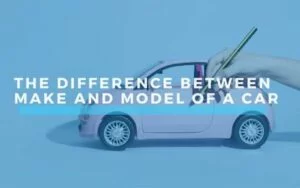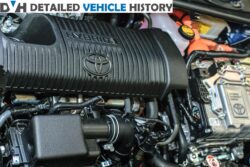When the 2000 Honda Accord goes on sale in January, it will be the first gasoline vehicle on the market certified with the California Air Resources Board (CARB) to the Super Ultra Low Emission Vehicle (SULEV) standard.
The SULEV standard calls for a reduction in hydrocarbon emissions of 96 percent from the current federal Tier-1 passenger car levels, and an 86 percent reduction compared to the California Low Emission Vehicle (LEV) standard. CARB says that a SULEV vehicle’s engine will emit only 2.3 pounds of ozone-forming hydrocarbons during 100,000 miles of driving — about the same result as spilling a quart of gasoline.
The Accord SULEV reaches these strict standards well ahead of its time. Manufacturers are not required to meet the SULEV standard until the 2004 model year.
“Honda is committed to bringing advances in emission reduction to the marketplace as soon as possible,” said Tom Elliott, executive vice president of American Honda Motor Co., Inc. “By the end of 1999, Honda will have more than 1 million low emission vehicles on the road in the U.S., including more than 85 percent of all Hondas sold this year.”
The SULEV certification will apply to the Honda Accord 2000 EX Sedan with a 4-cylinder, 2.3-liter engine and automatic transmission. To achieve these new extremely low emissions standards, the Accord SULEV will employ advanced electronic controls, Honda’s patented VTEC (Variable Valve Timing and Lift Electronic Control) engine, and new catalytic converter technology.
Honda plans to sell about 500 Accord SULEV models each month in California, demonstrating their commitment to leading the industry in reducing vehicle emissions.
The 2000 Honda Accord stands as a testament to Honda’s innovation and environmental responsibility, setting a benchmark for future low-emission vehicles.









